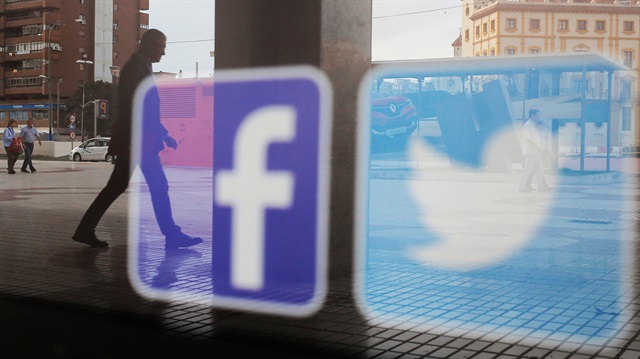

The main government committee on data privacy last month proposed a draft law, recommending restrictions on data flows and proposing that all "critical personal data" should be processed only within the country. It would be left to the government to define what qualifies as such data.
Global companies are coming together to push back.
In a meeting last week organised by lobby group U.S.-India Strategic Partnership Forum, executives from Facebook, Mastercard, Visa, American Express, PayPal , Amazon, Microsoft and others discussed plans to approach Indian lawmakers, including Indian parliamentary panels on information technology (IT) and finance, five sources said.
The industry also discussed approaching media and internet groups to explain why data localisation would be bad for India's booming IT, e-commerce and payments landscape, the sources said.
"People are fairly stressed and scared," said an executive working for a multinational technology firm.
The U.S.-India lobby group said it was "nearly impossible" to implement "industry-specific regulations in our global data environment without the ripples being felt". It didn't comment on its recent meeting, but said it will continue facilitating policy discussions.
Mastercard, American Express and Amazon didn't respond to a request for comment, while Facebook, Microsoft, Visa and PayPal declined to comment.
The Indian bill, which was opened for public comments this week, will later go to parliament for approval.
The U.S.-India Business Council, a lobby group that is part of the U.S. Chamber of Commerce, has brought in the Washington-headquartered law firm Covington & Burling to suggest submissions on India's data protection law.
The firm's 43-page draft recommendations, seen by Reuters, listed removing data localisation requirements as a top priority and called New Delhi's proposed move a "protectionist approach".
The U.S.-India Business Council didn't comment on how it would act on the recommendations of Covington & Burling, which declined comment.
The lobby group's president, Nisha Biswal, however said India's draft privacy law was of "great importance," and that the group would share its concerns with the government directly.














